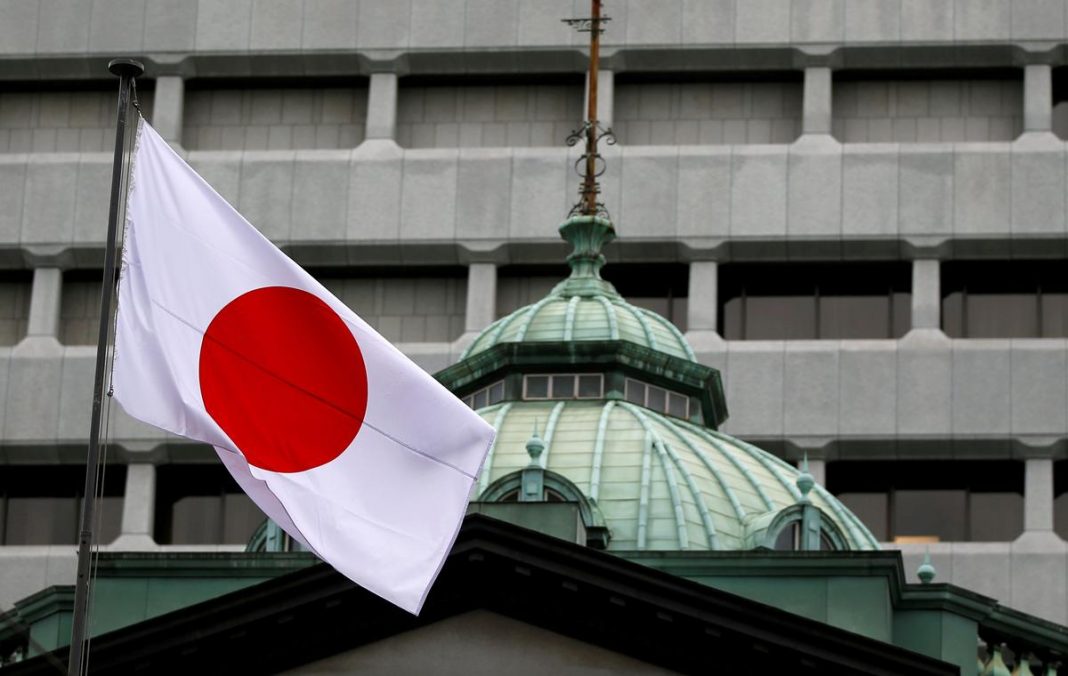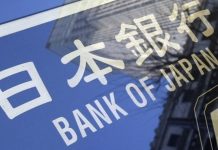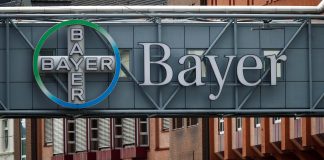Travel restrictions and event cancellations aimed at containing the epidemic have led to sharp declines in overseas tourists and consumption, hitting hotels, restaurants and retailers across the nation.
The central bank is entertaining the idea of using existing loan programs, or creating a new one, that offer financial institutions incentives to lend to small and mid-size firms hurt by the epidemic, the sources said.
Such a step would ease any financial strain companies face amid slumping sales and help them close their books for the current fiscal year, they said.
“One of the things central banks can do in a situation like this is to ensure there is ample liquidity, and help the money reach companies that are in need,” one of the sources said on condition of anonymity because the sensitivity of the matter.
“The idea could be among options up for debate” at the BOJ’s March 18-19 rate review, another source said, a view echoed by two more sources.
Discussions are still preliminary and no formal decision has been made with the next rate review nearly two weeks away. The BOJ was not immediately available to comment.
NO CONSENSUS ON BOLDER STEPS
There is also no consensus yet on whether the BOJ should take bolder steps this month, such as deepening negative interest rates or pledging to buy more exchange-traded funds (ETF), they said.
Growing recession fears add pressure on the BOJ to underpin the fragile economy, but many central bank policymakers are wary of tapping their dwindling ammunition hastily due to the rising cost of prolonged easing.
The scale of any steps the BOJ might take this month will depend on how the nine-member board views the degree of risk the epidemic poses to Japan’s recovery prospects, the sources said.
Japan’s government has set aside a 500 billion-yen ($4.68 billion) credit line for regional and small companies hit by the slump in inbound tourism, as part of a first package of measures to deal with the fallout from the health crisis.
With the government due to compile a second package of steps on Tuesday, some market players speculate the BOJ may come up with its own measure to ease the economic pain from the virus.
The BOJ cannot lend directly to companies but can channel funds to them through financial institutions, the sources said.
But some in the BOJ doubt whether such steps are necessary with borrowing costs already low due to years of ultra-loose monetary policy. As many firms hold abundant cash, financial institutions have struggled to find borrowers.
Under a policy dubbed yield curve control, the BOJ guides short-term interest rates at -0.1% and 10-year government bond yields around 0%. It also buys government bonds and risky assets as part of efforts to reflate growth and hit its 2% price goal.
Aside from such steps, the BOJ has several loan programs aimed at encouraging financial institutions to boost lending including to sectors with growth potential, and firms hit by natural disasters.


























